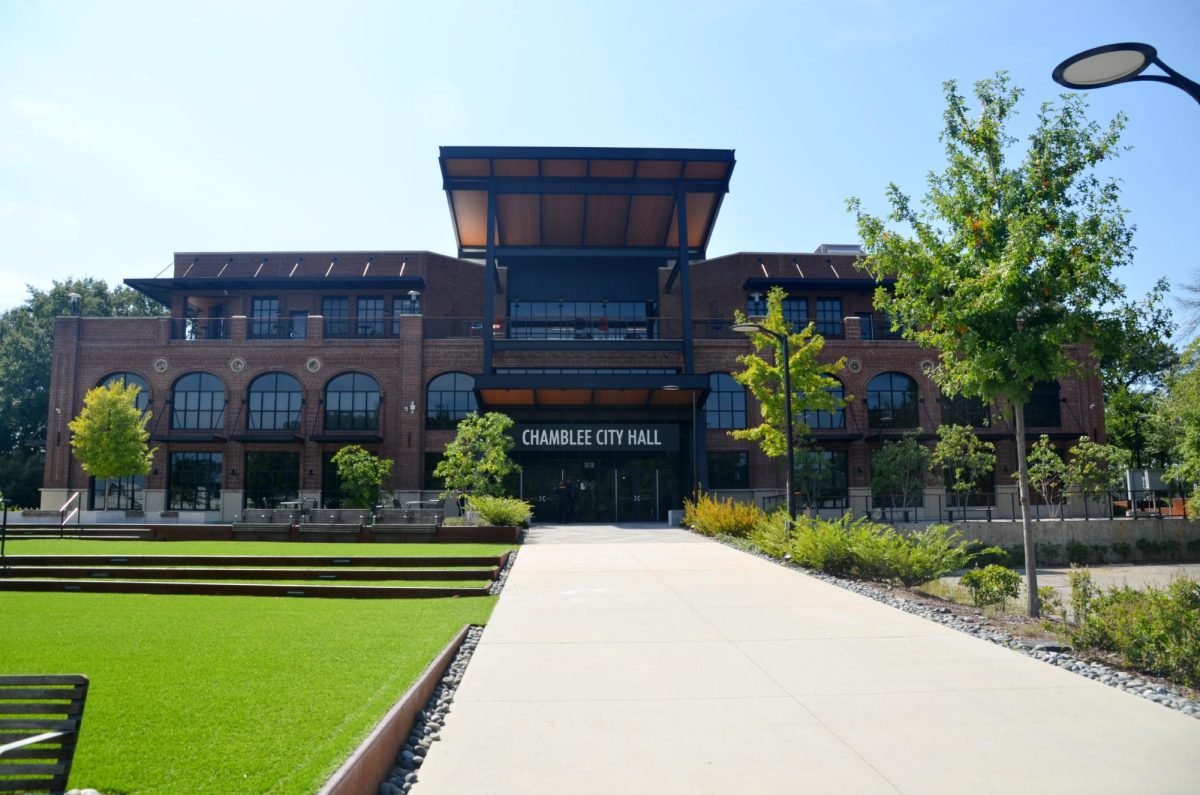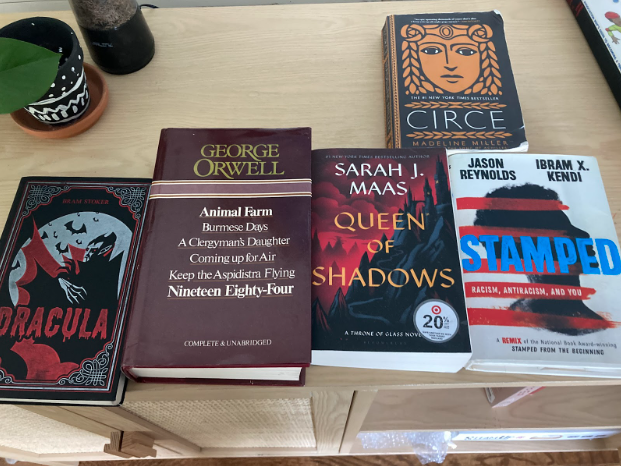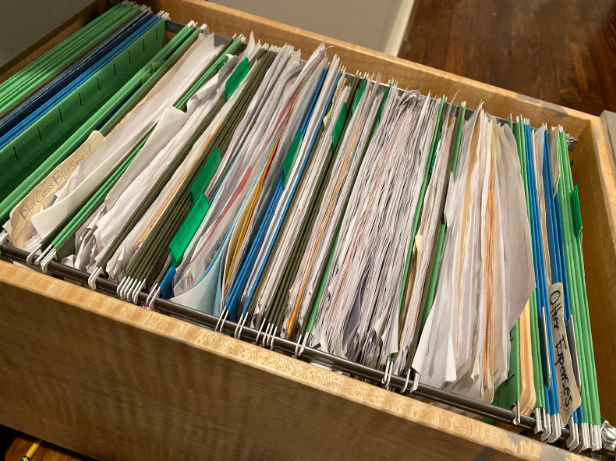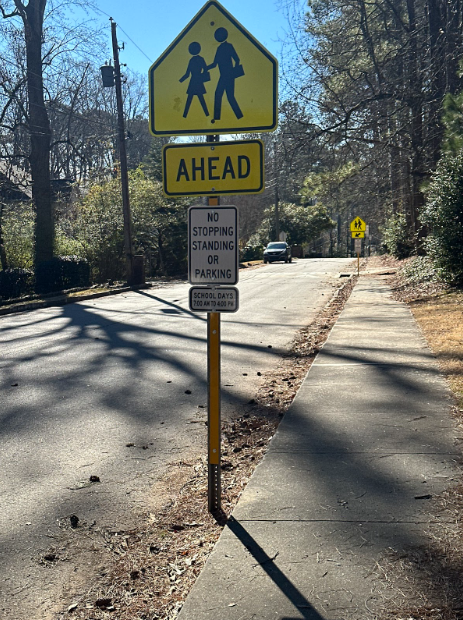Chamblee High School was the last school in the DeKalb County District to be teaching world literature to sophomores. Each high school has some freedom to choose the order of their classes. Some schools even combine a semester of world literature and a semester of multicultural literature. As the 2023-24 school year begins, the English Department of Chamblee has spoken and decided to switch to 10th-grade Literature and Composition.
“Content. That’s literally what the change is. There are more short stories, poetry, and informational texts integrated with novels and writing. Before it was mostly dedicated to novels and writing and we would do some short stories here and there, possibly get to some poetry and some informational text. Our focus is more on integrating different types of literature,” said Kimberley Nesbitt, English Department co-chair.
The class focuses on students’ skills, rather than content.
“I believe it is important to start with shorter texts to teach skills that are necessary for larger works of literature. By doing this, it provides students the additional instructions so that they can meet the standards being taught; they will feel comfortable reading the book,” said Courtney Savage, an ELA teacher at Chamblee.
Due to teachers having had to compete for complete attention, the class has opted out of longer novels in favor of short stories.
“Sometimes a short story is just that, short and sweet, so it serves its purpose for reluctant readers,” said Savage.
Is content important? Previously, world literature would align with the time period the world history (or AP World History) was in. As the two would coincide they were able to provide the student with a wider understanding of what was happening during that time period.
“We’re not opposed to teaching American writers or literature in that way, but we’re definitely integrating more world authors also. We’re not steering away towards anything,” said Nesbitt.
The first two years of high school are intended to establish the foundation for the following two years. Establishing a helpful set of skills for the underclassmen would benefit them as they’re able to choose their third and fourth-year English classes.
“You’re just adding on to each skill. From middle school to ninth and 10th grade, the skills didn’t really change a whole lot. For 10th grade, we’re honing in mostly on the site evidence being more specific with textual evidence and being able to get reasoning behind it, not just an explanation, but more of the student’s thoughts behind it. That’s the skill set that I push for my 10th graders because that will allow them to be better with their constructive responses. Which will push them into when they get to 11th grade when they’re able to just take point in on those skills,” said Nesbitt.
Student’s expansion and depth of new skills will prove to be important at higher grade levels, and will hopefully prevent 12th graders from struggling in their classes.
“Changes for 11th and 12th grade including further builds on that [skills from ninth and 10th grade] with rhetoric and other things. I like to introduce rhetoric in 10th grade,” said Nesbitt.
By the end of 10th-grade Literature and Composition, hopefully, these students will be able to have a greater willingness to try reading a variety of different types of literature.












